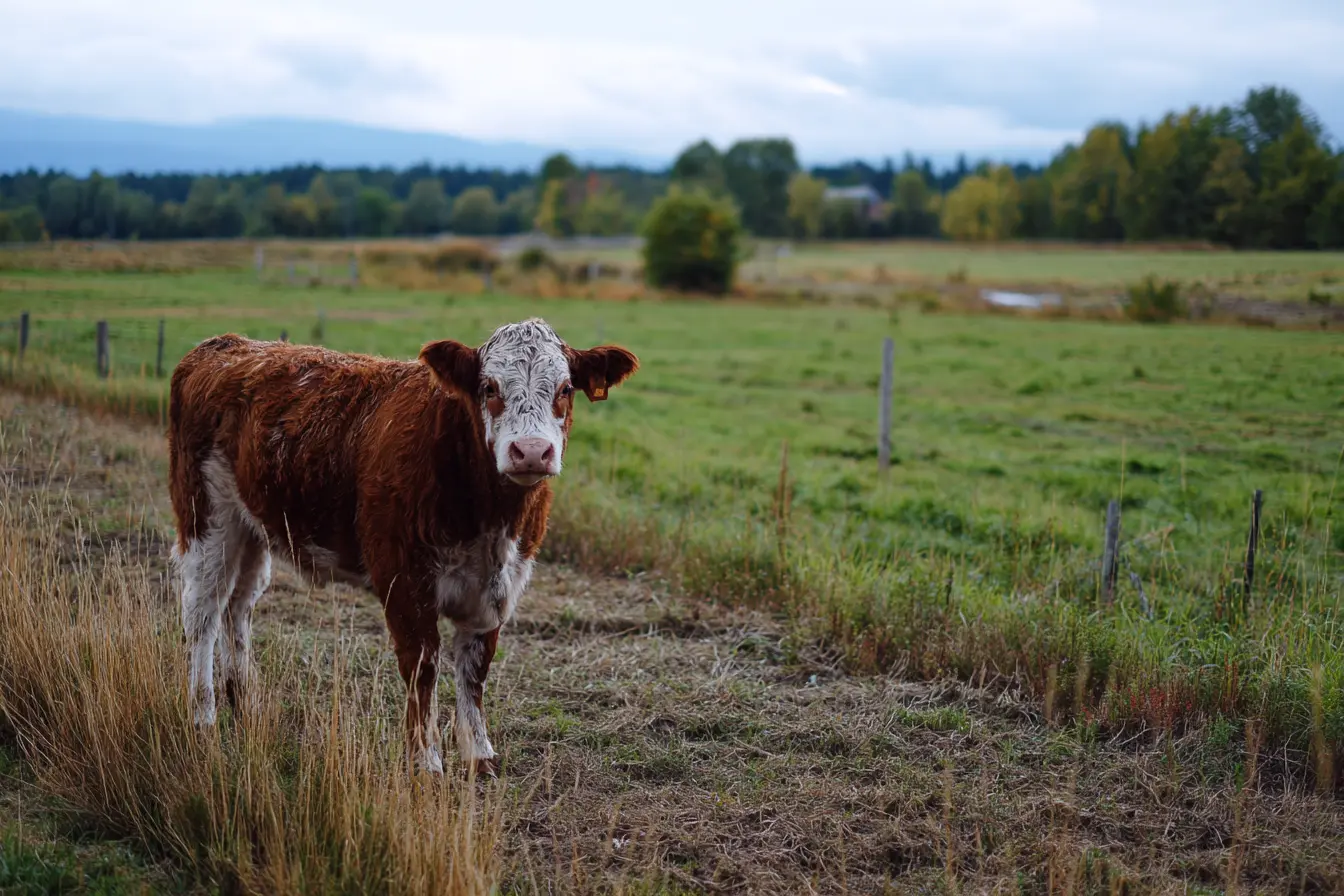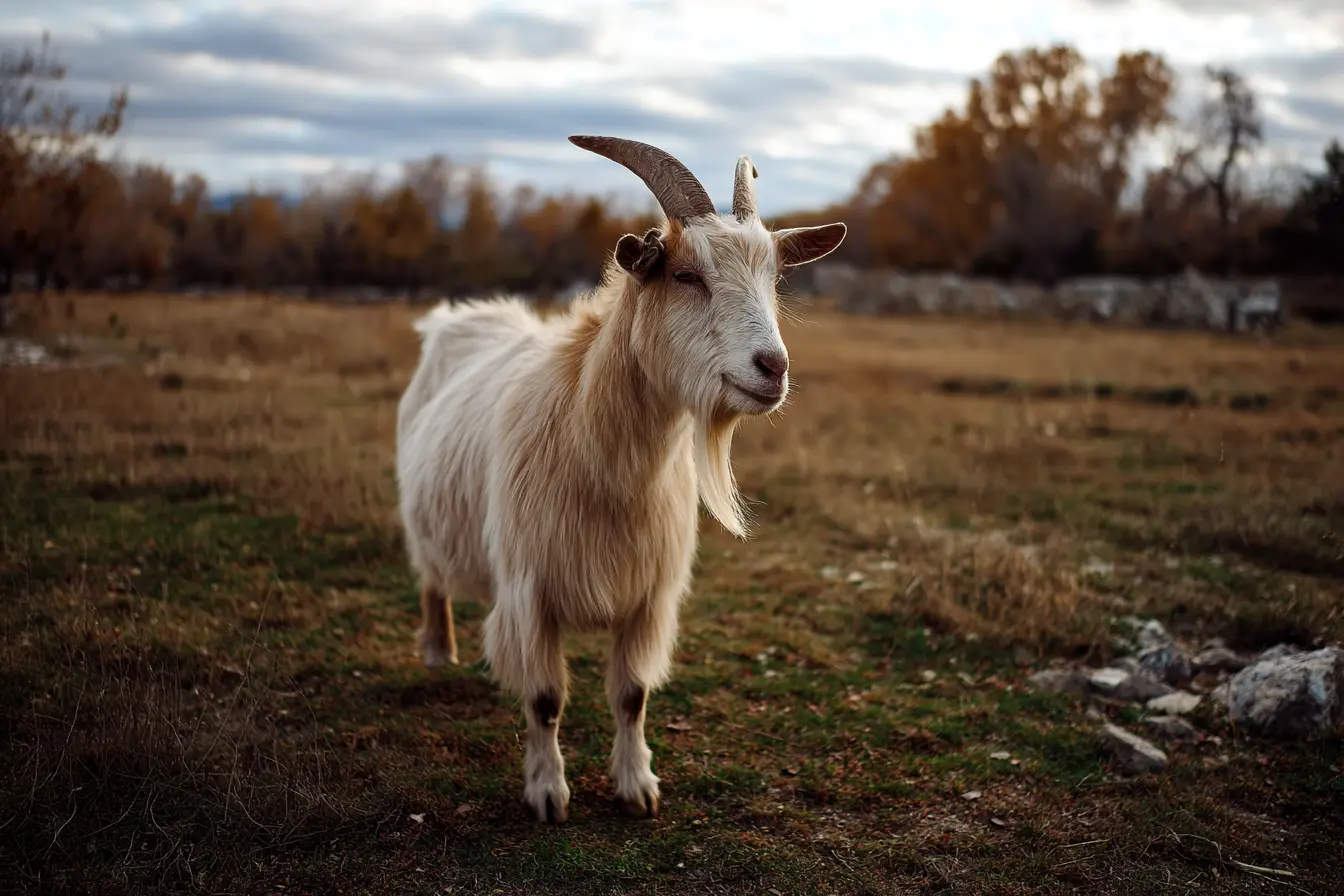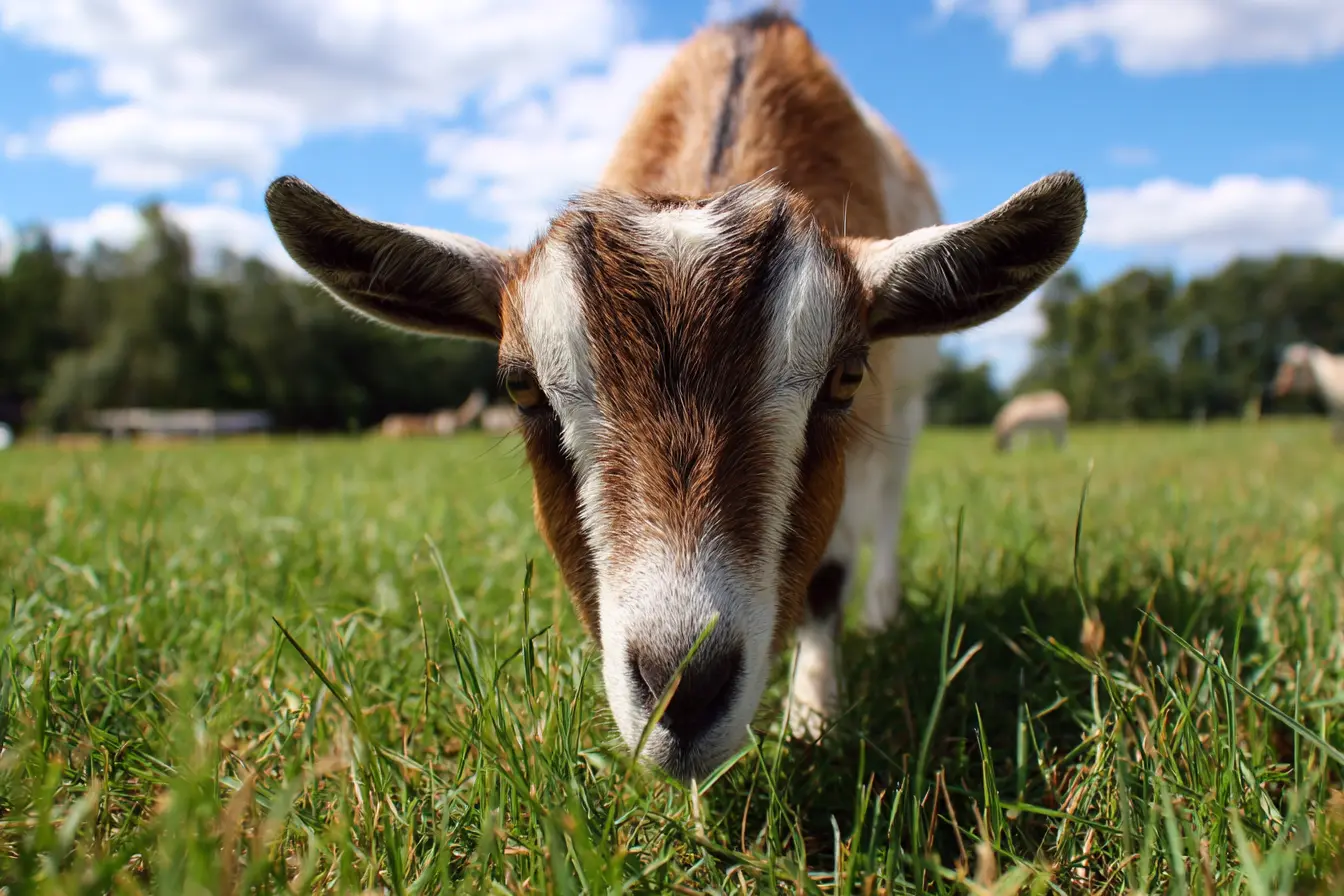
A Complete Guide to Pulpy Kidney Disease in Sheep
Pulpy kidney disease, also known as enterotoxaemia, is one of the most important clostridial diseases affecting sheep in the UK and worldwide. It is caused by the bacterium Clostridium perfringens type D, which produces powerful toxins in the gut under certain conditions.
This condition is especially notorious for striking the healthiest and fastest-growing lambs, often causing sudden death without warning. For sheep keepers, understanding pulpy kidney disease is essential, as prevention is far more effective than treatment.
What is Pulpy Kidney Disease?
Pulpy kidney disease is caused when Clostridium perfringens type D bacteria, which are normally present in the gut of healthy sheep, multiply rapidly under favourable conditions.
When this happens, they release large amounts of epsilon toxin, which:
- Damages blood vessels.
- Affects the brain and kidneys.
- Causes sudden and often fatal illness.
The term "pulpy kidney" comes from the post-mortem finding of soft, swollen kidneys, which break down quickly after death.
Causes and Risk Factors
Certain conditions trigger rapid bacterial growth and toxin production:
- Dietary changes: sudden introduction of lush pasture, high levels of concentrates, or milk in unweaned lambs.
- High-energy diets: rapid growth in lambs eating large amounts of rich feed.
- Cessation of feeding: sudden breaks in feeding can also trigger disease when feeding resumes.
- Well-grown lambs: the best-conditioned lambs are often the most affected, especially between 3 weeks and 12 months of age.
- Vaccination gaps: unvaccinated or incompletely vaccinated animals are highly vulnerable.
Symptoms
Pulpy kidney disease often causes sudden death, but in some cases signs may be observed before death:
- Sudden collapse and death in apparently healthy lambs.
- Neurological signs such as convulsions, staggering, or head pressing.
- Abdominal pain, bloat, or profuse diarrhoea.
- Blindness or aimless wandering in subacute cases.
Because disease progression is extremely rapid, many affected animals are found dead without showing obvious symptoms.
Diagnosis
Diagnosis is based on a combination of history, clinical signs, and post-mortem findings.
- History: sudden death in rapidly growing lambs, often after diet change.
- Clinical signs: neurological signs or diarrhoea, though often absent.
- Post-mortem:
- Soft, swollen kidneys that break down quickly (the "pulpy" kidney).
- Fluid around the brain (oedema).
- Haemorrhages in the intestine.
- Laboratory tests: detection of epsilon toxin confirms diagnosis.
Treatment
Treatment is rarely successful once signs develop, as disease progression is extremely rapid.
- High doses of antibiotics may be attempted in very early cases.
- Antitoxins can neutralise circulating toxins if given quickly, though they are not widely available.
- Supportive care such as fluids and nursing may help in mild cases.
- In practice, prevention is far more effective than treatment.
Prevention
Preventing pulpy kidney disease is critical for flock health.
Vaccination
- The most reliable method of prevention.
- Multi-valent clostridial vaccines (5-in-1, 8-in-1, etc.) protect against pulpy kidney and other clostridial diseases.
- Ewes should be vaccinated before lambing to pass protection to lambs via colostrum.
- Lambs should be vaccinated at weaning or from 6–12 weeks of age, depending on colostrum cover.
- Booster doses are required annually for ongoing protection.
Management
- Avoid sudden changes in diet.
- Introduce concentrates and lush grazing gradually.
- Ensure consistent feeding to prevent gut disturbances.
- Monitor the best-conditioned lambs closely, as they are at greatest risk.
Economic and Welfare Impact
Pulpy kidney disease has significant implications for sheep farming:
- High mortality rates, particularly in valuable, fast-growing lambs.
- Loss of prime stock ready for market.
- Reduced profitability from sudden deaths.
- Animal welfare concerns due to sudden and painful illness.
When to Seek Veterinary Help
A vet should be consulted if:
- There are sudden unexplained deaths in lambs or adult sheep.
- You suspect pulpy kidney disease but need confirmation.
- You require guidance on an effective vaccination schedule.
- Deaths continue despite vaccination, which may indicate timing or dosing issues.
Conclusion
Pulpy kidney disease is one of the most common and serious clostridial diseases of sheep, particularly in the UK’s intensive lamb-rearing systems. Its sudden onset and high mortality make it a major threat to flock productivity.
While treatment is rarely effective, vaccination and good management provide excellent protection. By vaccinating ewes and lambs, introducing dietary changes gradually, and monitoring well-grown stock, farmers can prevent losses and safeguard the health and welfare of their flocks.
Vets near you
Speciality vets
- Aquatics vet specialists
- Birds vet specialists
- Camelids vet specialists
- Cats vet specialists
- Cattle vet specialists
- Deer vet specialists
- Dogs vet specialists
- Equines vet specialists
- Exotic vet specialists
- Goats vet specialists
- Pigs vet specialists
- Poultry vet specialists
- Sheep vet specialists
- Small Mammals vet specialists
- Wild vet specialists
Vet facilities
- Accessible by public transport
- Blood testing
- Car park nearby
- Client car park
- Dentistry
- Diagnostic imaging
- Disabled public access
- Flea and worm treatments
- Microchipping
- Mobile services
- Neutering
- Open at weekends
- Out-of-hours service
- Referral interests
- Referrals only
- Street parking outside
- Toilets available
- Vaccinations



